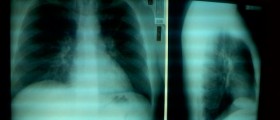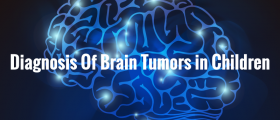
Encephalitis is the inflammation of the brain. It can be infectious or autoimmune. It is a very complex condition that does not have only one cause. In fact, encephalitis is often referred to as “rare complication of common infections”.
Encephalitis is fortunately not a common condition. It can affect people of both sexes and all ages, but the most susceptible ones are children, elderly people and people who already suffer from a disease or have a weak immune system.
Symptoms of encephalitis
The initial stage of encephalitis is in most cases very serious. It generally starts with symptoms resembling flu, such as fever of 100.4ºF or 38ºC and above, fatigue, weakness, headache, nausea, vomiting and joint pain. In later stages, the symptoms involve confusion, drowsiness, disorientation, seizures, and personality or behavioral changes.
Viral encephalitis is generally more common than autoimmune type, especially in children. However, most children, at least in the developed countries, are largely protected from viral encephalitis by MMR vaccine. Before this vaccine became widely used on children, mumps, measles and rubella were leading causes of this disease in children.
Diagnosing viral encephalitis in children
Diagnosis and treatment of encephalitis are generally the same for both children and adults. It is essential to diagnose encephalitis properly and to treat it on time, otherwise there is a risk of even more serious complications and of fatal outcome.
The two basic diagnosing measures for encephalitis are brains scans and lumbar puncture. Brain scans can be done via computerized tomography or CT or magnetic resonance imaging or MRI. Brain scans are performed to determine the extent of the inflammation and to rule out other, similar conditions. The problem with brain scans is that they are not the most precise diagnostic measure in early stages of encephalitis.
Lumbar puncture is a more invasive diagnostic measure but it is also more reliable. In this procedure, also known as spinal tap, a sample of cerebrospinal fluid is collected and sent to the laboratory, where it undergoes a series of tests.
Treatment for viral encephalitis in children
Encephalitis is always a medical emergency and it requires a prompt intervention at the intensive care unit. The treatment usually consists of antiviral medications and corticosteroids. Sadly, even with the best possible treatment, the death rate from encephalitis remains high.
Long term complications from encephalitis are also possible. Those may include chronic fatigue, memory loss, problems with concentration and focus, changes in personality or behavior, developmental difficulties, motor difficulties and epilepsy.

















Your thoughts on this
Loading...